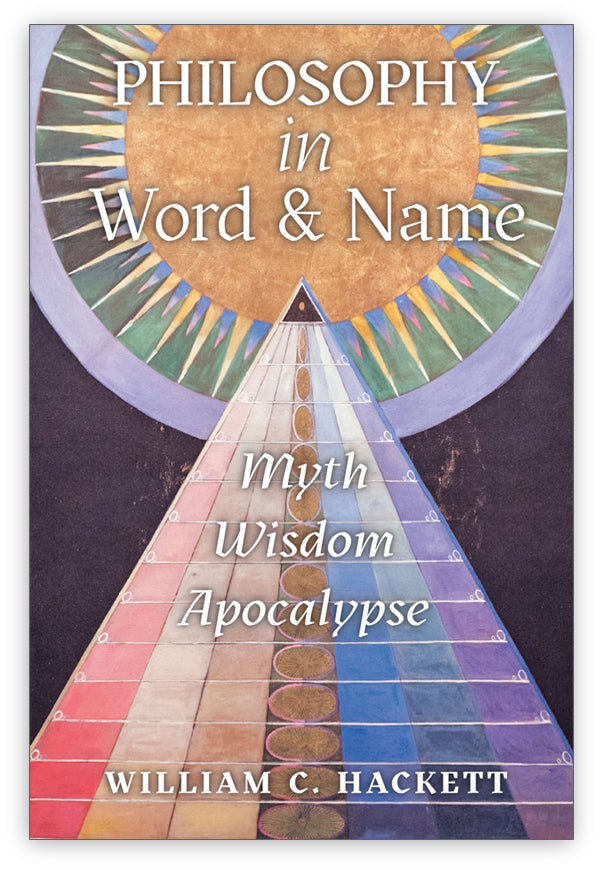Philosophy in Word and Name
Philosophy in Word and Name
By William C. Hackett
318 pp
Couldn't load pickup availability
About the Book
Myth. Wisdom. Apocalypse. Three words of ancient pedigree offering the seeker a promise: to unlock the door of understanding to the highest and best things—the divine things. Three keys, then, for a “Philosophy in Word and Name” that wants, simply, to comprehend whatever makes the meaning of our humanity take on its fullest scope and significance. This text intends to be no more than a “sketchbook” for such a philosophy. Its six Studies include two dedicated to each key, engaging with words and names ancient and modern, eastern and western, and with an approach casting back into traditional intellectual practices long strictured in the modern west. Above all, the defining feature of the modern intelligence—the asphyxiating alienation of philosophy and theology from one another, and both from the mystical—is weighed and found wanting. A turn to modes of thought and styles of writing for which religion is not foreign ground is required if we are to have any chance of fidelity to these things themselves; and should this draw us closer to “premodern,” or even “eastern,” modalities, must we not remain open to these as well?
Praise
About the Author
View full details


